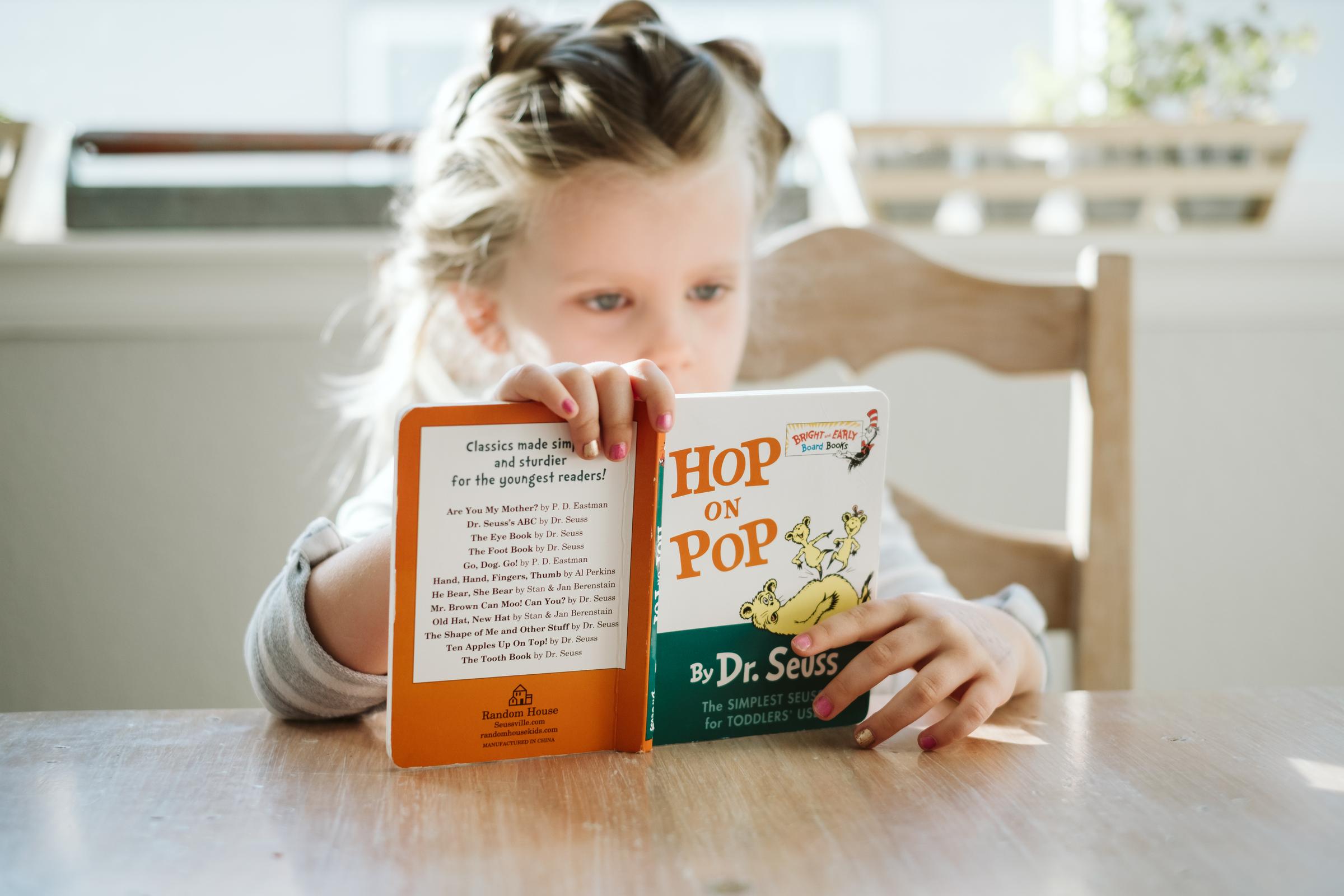Literacy

Supporting Young Learners at Home
Every moment with your young child is a chance to spark a love for learning! As their first teacher, your role is vital in nurturing literacy skills. Here are some fun and effective tips to support your child at home:
1. Read, Read, Read!
Make reading a daily habit! Choose books with repetitive lines or lyrical patterns. These engage young minds and boost communication skills. As you read together, your child will discover that books are not only educational but also a source of joy!
2. Talk the Talk
Reading is a two-way street. Engage your child in conversation as you read. Ask open-ended questions and encourage them to share their thoughts. When revisiting beloved stories, prompt them to use the pictures to retell the plot, enhancing their comprehension and storytelling skills.
3. Predictable Fun
Before diving into a new book, explore the illustrations together. Encourage your child to predict the story's direction. This strategy makes them more invested in the narrative. To extend the experience, ask questions like, “What do you think will happen next?” or “What if…?”
4. Embrace Technology
Today’s children are digital natives! Leverage this by allowing them to engage with educational videos, games, and apps that are age-appropriate. Be sure to preview any content to ensure it aligns with your educational goals.
5. Read by ‘Touch’
Hands-on activities can enhance learning! Let your child trace letters in shaving cream or sand for a sensory experience. Use magnetic letters on a cookie sheet or fridge at their height, making it easy for them to explore letter shapes and sounds.
6. Art(ful Reading)
Unleash your child's creativity! After reading, ask them to draw scenes from the story, their favourite character, or even an alternative ending. This reinforces comprehension and allows them to express their interpretations.
7. Play Word Games
Incorporate playful rhyming games into your routine. Phrases like “The fat cat caught a rat in a hat” not only entertain but also help build essential phonemic awareness—an important foundation for reading.
8. Save the (Print) Environment
Transform everyday outings into learning experiences. While in the car or around town, challenge your child to spot letters, logos, or signs. This practice reinforces the idea that letters form words and convey meaning, which is crucial for literacy development.
By integrating these activities into your daily routine, you can create a rich literacy environment that will benefit your child's reading journey. Remember, learning is a partnership, and every moment counts!
Happy reading!

